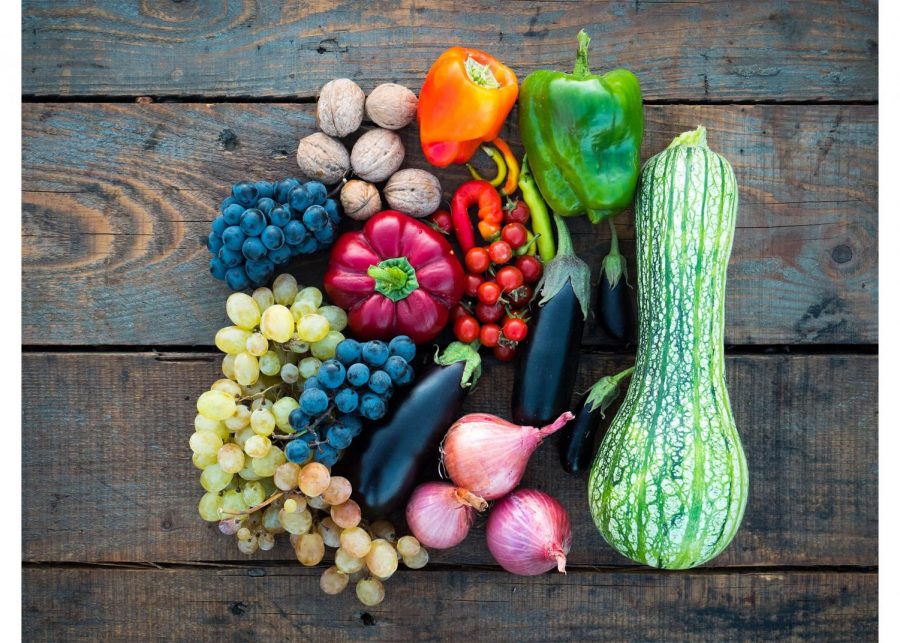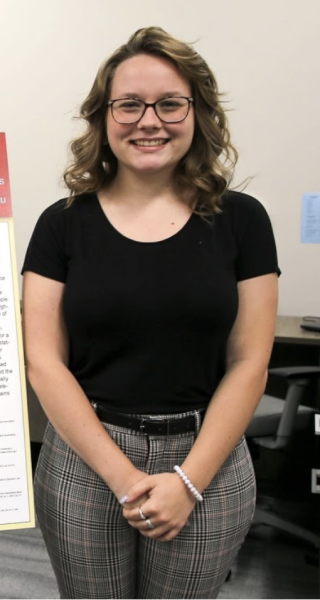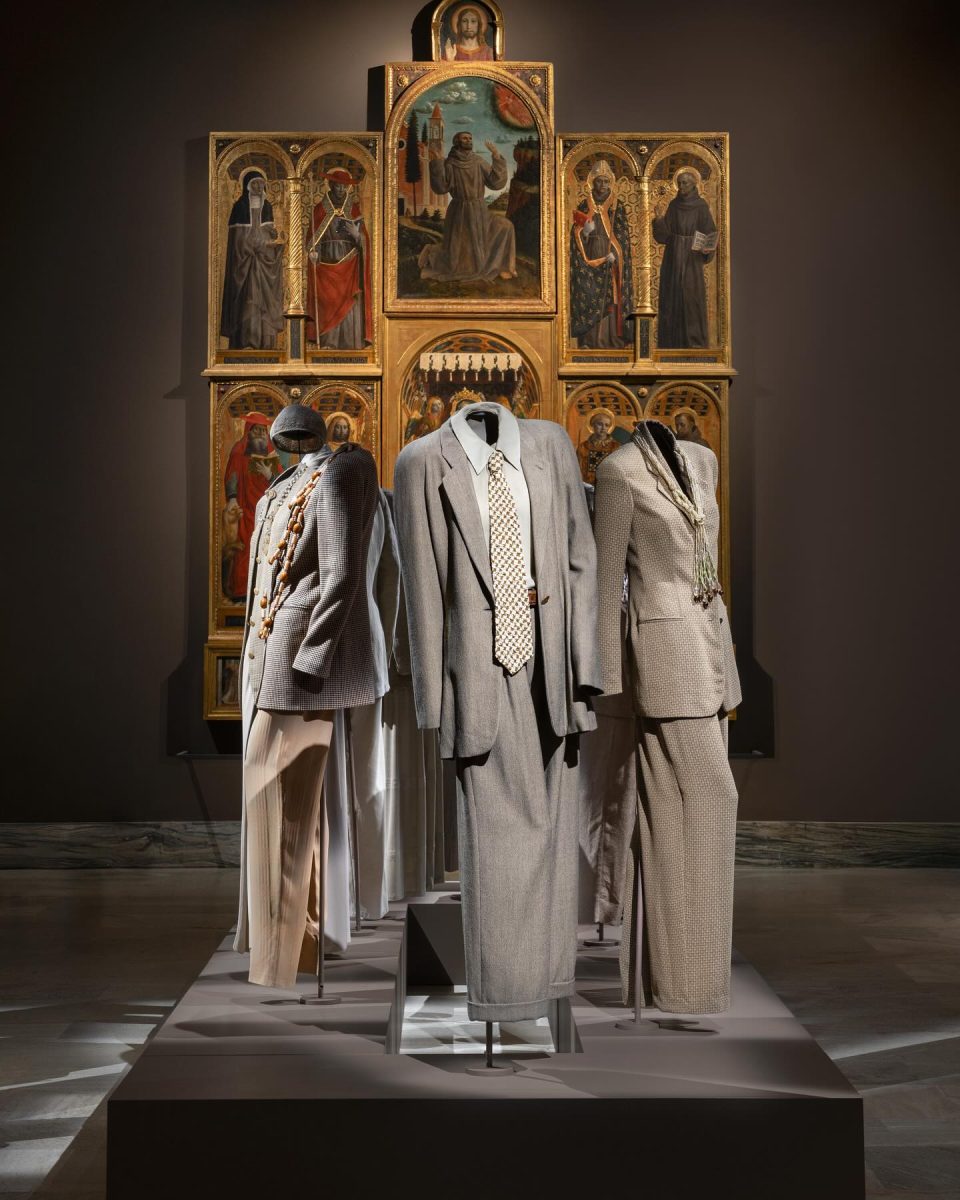‘Food as Healing’ continues speaker series
November 2, 2021
Gannon University’s CHESS Speaker series continued Thursday with Shane Bernardo’s “Food as Healing” on the third floor of Palumbo Center.
According to Emily Cummings, communications specialist in the College of Humanities, Education and Social Sciences, the Reinventing Right Now speaker series is about trying to navigate a world changed by a global pandemic and gaining new perspective in that world.
“Shane Bernardo is an advocate for food justice and wants to change the way we think about growing and consuming food which is a great fit for what the series is trying to accomplish,” said Cummings.
Food as Healing is a social movement centered on ancestors and spiritual traditions to create a sense of belonging and integrity.
Bernardo, who grew up working in his family’s grocery store and helping to nourish Southeast Asian, West African and African Caribbean cultures in his community, founded Food as Healing to carry on this work.
The movement practices using food as mediums for healing. It emphasizes the lived experiences of human ancestors and the importance of food being a spirit-based tradition that aids in decolonization and healing from internalized oppression.
It also focuses on the relationship between food and social justice and the intersections of food, health, healing and spirituality.
“Food as healing is a framework, it’s an ideology, and could be seen as social movement, it is so much larger than any one store,” Bernardo said.
“Food as Healing is attempting to reclaim our ancestorial traditions around land, and food serves as a proxy for our relationships to our ancestors and land.
“Especially for those who cannot access and practice ancestorial land-based practices.”
Throughout Bernardo’s presentation, he shared many personal stories and the importance of getting back to our roots.
Bernardo used the word “Kapwa” to define the purpose of food as healing.
Kapwa is defined as “being shared with others.” This interconnectedness was a point that Bernardo emphasized during his presentation.
Mapping our ancestry and finding a connection to not only each other, but also to our environment and the Earth allows for a broader understanding on how to right historical wrongdoings.
This can be achieved through interconnectedness and, thus, Kapwa.
Part of having a connection to the Earth is showing reverence to the land and water. Bernardo mentioned that land and water are sentient beings.
As such, land and water should not be considered commodities or something to be owned, as this takes away their integrity as sentient beings.
Dawn Bohulano Mabalon, a historian who documented Filipino-American histories and is an inspiration to Bernardo, was brought up quite a bit during his presentation.
Bernardo quoted Mabalon a number of times, and throughout the presentation there was one quote that was mainly focused on: “culture and traditions are living things that will continue to grow, change and evolve,”
As Bernardo brought up personal experiences and memories, there was one specifically about his father, and how this growth can be seen from his father’s actions.
His father moved from the Philippines all the way to Detroit. Even though it was a big change, his father did not let that affect him.
He decided to start gardening once he got to Detroit, so he could remain connected to the Earth in this new environment; by doing so, he said that his father felt grounded.
Thus, for him, food became healing.
Bernardo also grows plants in his own backyard, creating a tradition of being grounded in growing his own food.
This response is a very important thing to both Bernardo and his father, and Bernardo wants to make it known and spread the awareness towards other people as well.
After the initial presentation, Bernardo held a question-and-answer section. Most of the students who responded to this talked about their different stories and experiences and how they were able to relate back to Bernardo’s presentation.
Bernardo told the audience that Food as Healing is about harvesting and sharing seeds and the significance it holds.
“When we harvest and share seeds, we help maintain a certain level of intimacy with those foods, rather than just consuming and questioning where the seeds came from, or how it was manufactured,” Bernardo said.
“When we save and harvest our own seeds, we allow ourselves to remain in relationship over the course of that seed’s life.
“It’s not just about eating the fruits or leaves of those seeds but being in relationship during its whole lifespan. Much like how we would with our own family members.”
Food as Healing was the fourth event in the 2021-2022 CHESS Speaker Series; with two more events to follow on Saturday and Nov. 15.
To learn more about the Food as Healing social movement, visit www.foodashealing.com.






